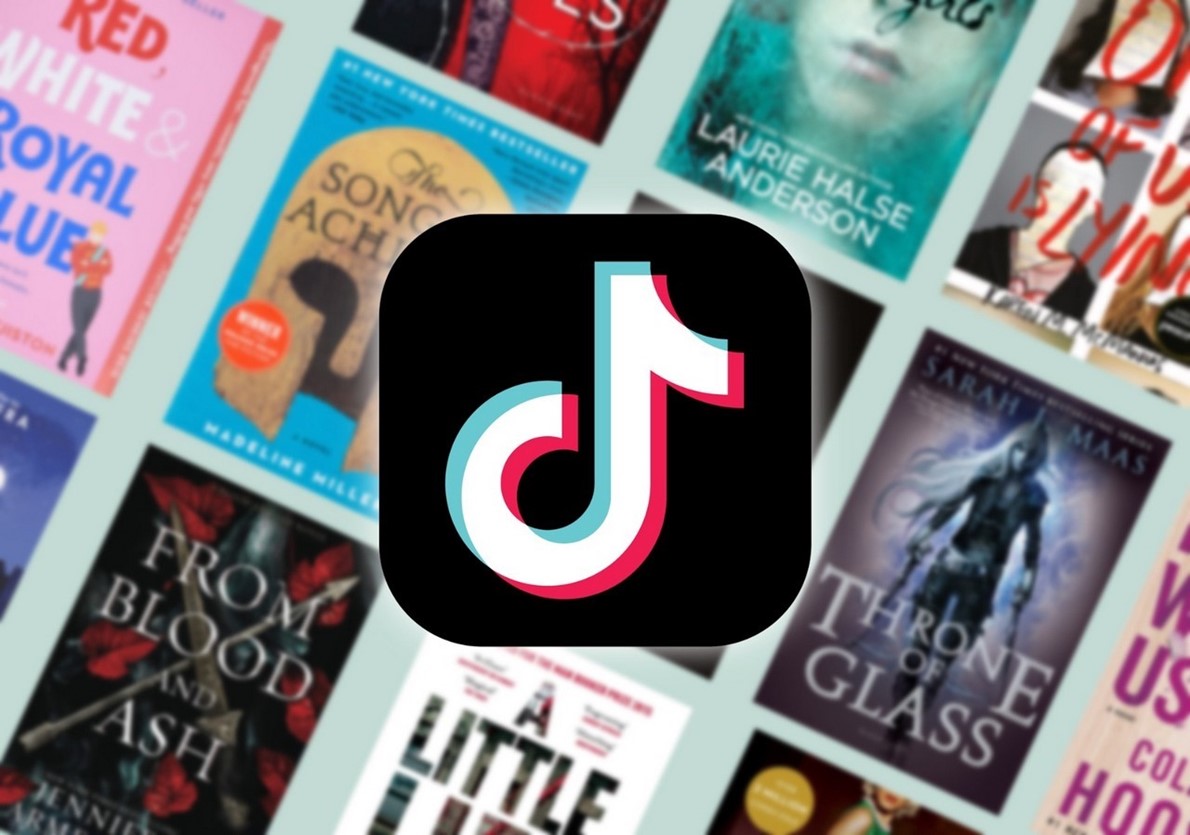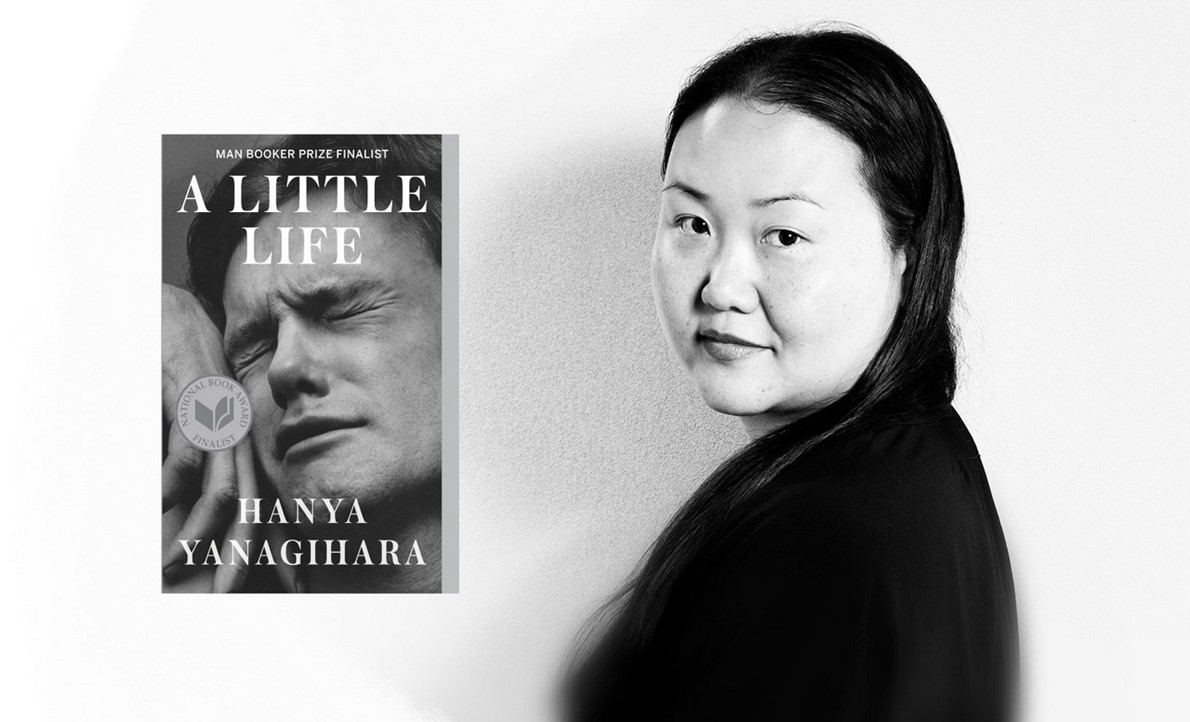TikTok, the social media platform with bite-sized videos, has
proved quite effective at providing a platform for people to recommend their
favorite books to others and help them find their next read. This community of
readers goes by the hashtag “
BookTok’’ and has well over 65 billion views.
Libraries and bookstores have even started putting out displays of books
labeled “As Seen on BookTok” or “#BookTok”, capitalizing on the popularity of
the hashtag.
اضافة اعلان
As always, with great power comes great responsibility, yet
some TikTok creators are shirking their responsibility and putting their
audience’s lives in danger with unsuitable and maybe even life-threatening
recommendations.
The award-winning book “A Little Life” by Hanya Yanagihara
is one of the most noteworthy awful recommendations that BookTok has been
making to users as young as 12 on the platform. The premise may sound
intriguing: four friends relocate from a small college in Massachusetts to New
York while attempting to live their lives with a glimmer of ambition and
greatness. And given that it has been rated by over 360,000 people, this book
has a high rating of 4.33 stars out of 5 on Goodreads, the premier website for
reviewing books. What these young readers may not know is the deeply unsettling
truth that will be uncovered when they crack open this massive, 750-page book.

Child abuse, racism, grooming, domestic violence, rape,
suicide, self-harm, and the list, which you can check out at
https://bit.ly/3JApqjj, goes on and on.
A Little Life extensively glorifies the violent and horrific
events that characterize these friends’ everyday lives while covering the above
themes in painstaking detail and depth, rarely leaving anything to the reader’s
imagination. Even though A Little Life is advertised as “a heart-wrenching
beautiful story” or “stories to cry to”, it merely contains distressing and
upsetting material that should have been handled with greater professionalism.
The problem does not even necessarily lie within the book,
as much as it does with the audience to which it is being recommended. Without
parental supervision, children and teenagers should not be exposed to material
that may have a negative impact on their mental health, something that some
TikTok creators regrettably disregard.
While parents should not completely shield their children from the internet and everything it has to offer, they should still keep an eye out for any content they might be consuming that could affect their mental health.
As for the target audience for this book, many BookTokers
have already expressed concern. At least 30 percent of the 113.7 million views
on the hashtag #ALittleLife seem to be children or teenagers who are at risk of
being exposed to this book’s heavy content.
Sîvan, a Kurdish BookToker, said in her TikTok: “I don’t
think I’d recommend this to my worst enemy,” and “as a BookToker you have a
responsibility to your audience,” and reflected on the many other BookTokers
that have been irresponsibly telling their young audiences to read A Little
Life.
A Little Life is not the only book that gets recommended to
young readers despite featuring potentially triggering content. Wintergirls, by
Laurie Halse Anderson, is a book about two friends who are suffering from
eating disorders (ED) and compete to see who can be the thinnest. When one
passes away due to anorexia, the other
is left to find her path to recovery while exploring her struggles and the
threads of hope she is trying to hold on to.
 Author of “A Little Life” Hanya Yanagihara. (Photos: Sophia Evans)
Author of “A Little Life” Hanya Yanagihara. (Photos: Sophia Evans)
“The book’s content, combined with the demographic it was
marketed to, created a complete recipe for disaster and may have done more harm
than good,” says Leftie, a BookToker, in her two-minute review of the book.
While many people praise this book as a great insight into
the minds of those who struggle with EDs, readers who have suffered from EDs
remark on the terrible representation it holds. Wintergirls is also heavily
marketed to girls and women between the ages of 12 and 25, which have been
statistically proven to be the demographic most susceptible to EDs.
Leftie also mentions how she got this book from her
middle-school library, further proving the point.
The dangers of this book do not end there. Wintergirls has
extensive descriptions of grotesque and unnecessarily detailed scenes of
self-harm, the protagonist compiling supposed “tips and tricks” from pro-ED
websites to lose even more weight, and the unhealthy habits the protagonist
hides from her parents.
The book is written in a way that feels like it is
encouraging people to follow in the protagonist’s footsteps, rather than learn
from her mistakes.
While parents should not completely shield their children
from the internet and everything it has to offer, they should still keep an eye
out for any content they might be consuming that could affect their mental
health.
Read more Books
Jordan News




